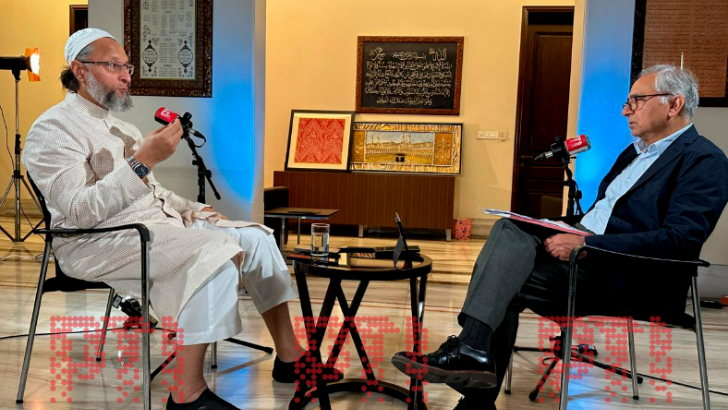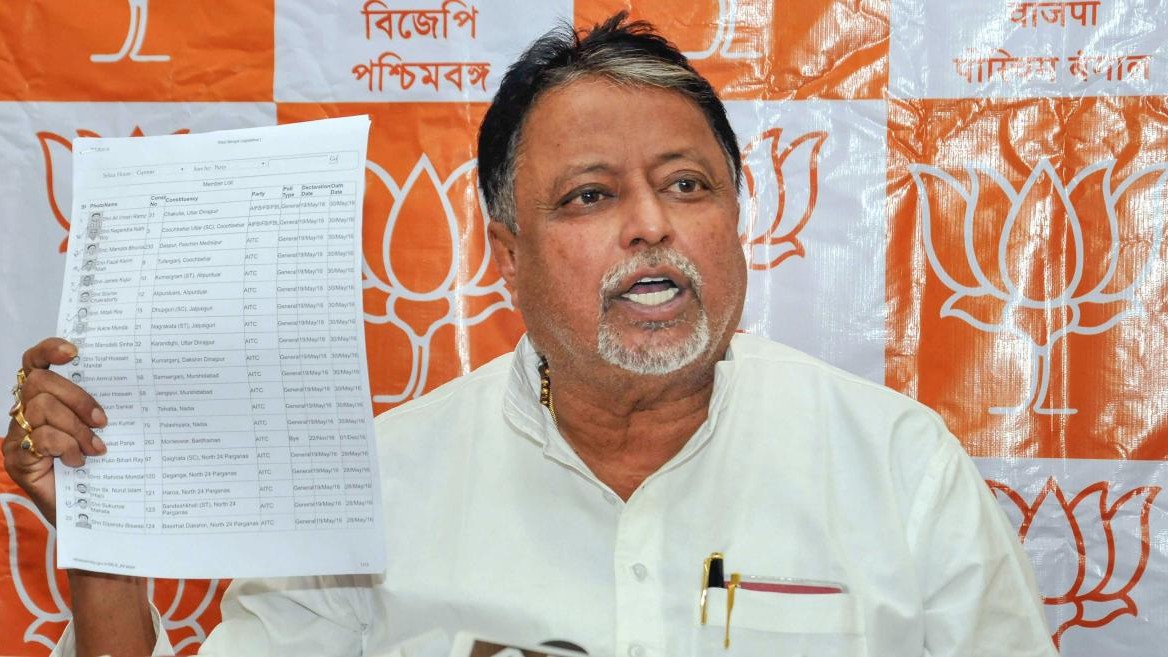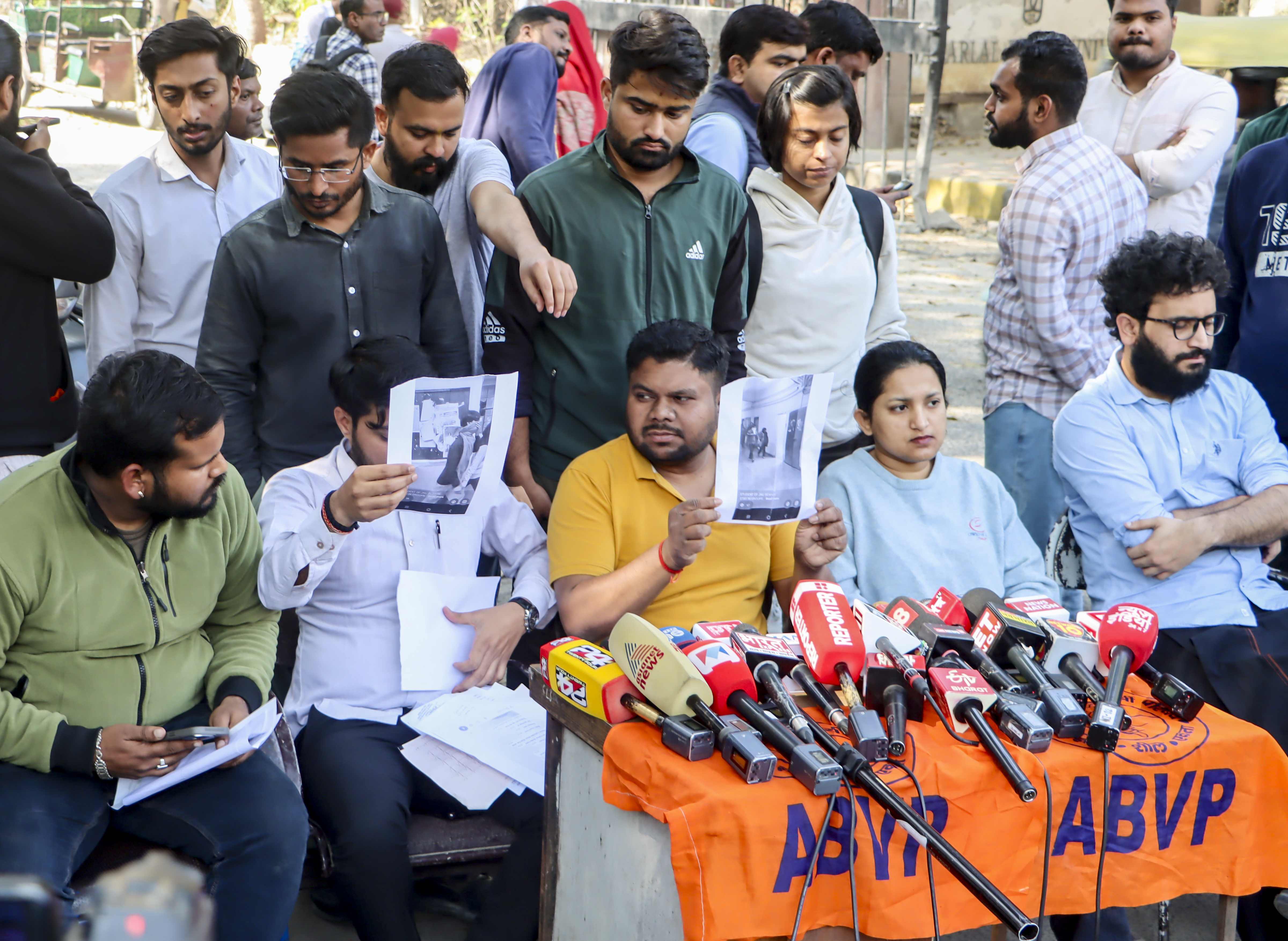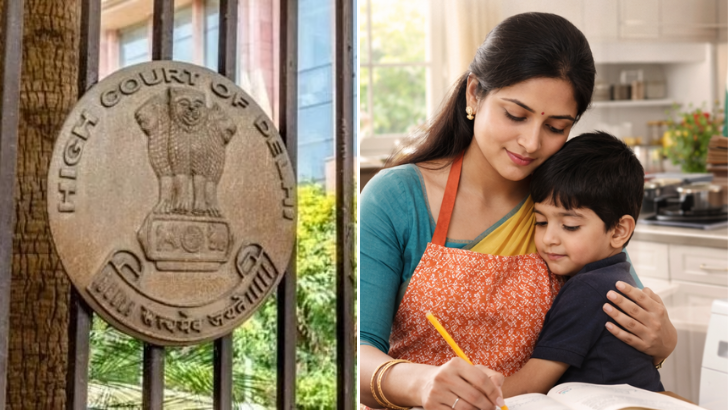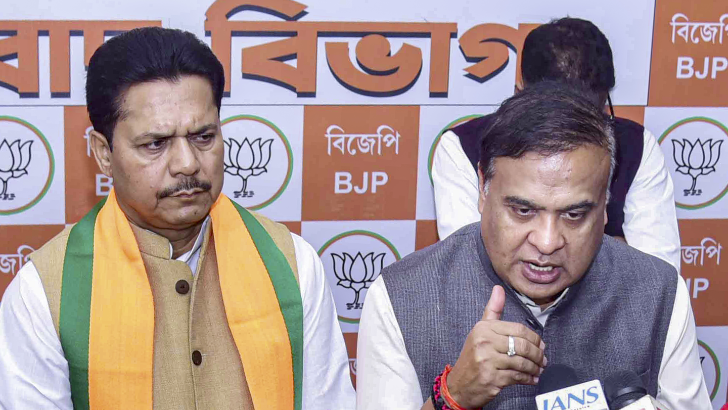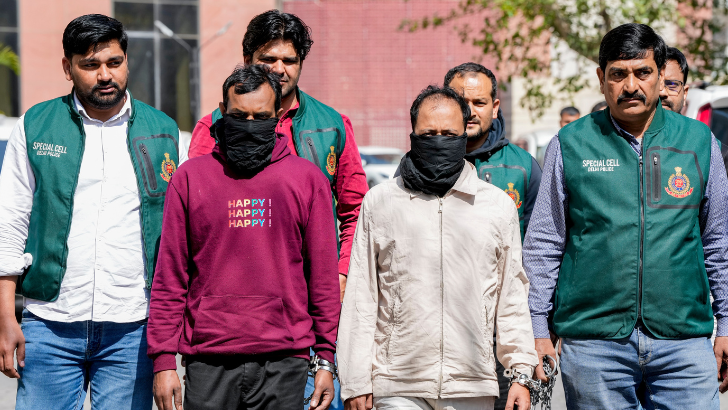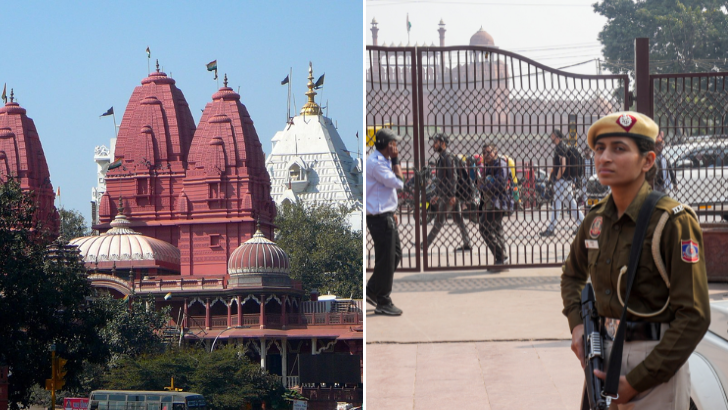Owaisi slams new Waqf law, hopes for justice from SC
Owaisi calls the new Waqf law unconstitutional, says it aims to destroy Waqf property, and hopes for justice from the Supreme Court
PTI
-
AIMIM chief Asaduddin Owaisi during an interview with PTI Editor-in-Chief Vijay Joshi, in Hyderabad, Saturday
New Delhi, 18 May
Describing the new Waqf law as "unconstitutional," AIMIM president Asaduddin Owaisi has alleged that it is aimed at "destroying" Waqf properties and expressed hope of getting justice from the Supreme Court in the matter.
In an interview with PTI Videos on Saturday, he also wondered how a uniform civil code (UCC) can be 'uniform' when there are several separate laws for different issues.
The Hyderabad MP challenged the BJP and those hailing the Waqf (Amendment) Act to point out which sections are good in the new law.
"Tell me in what way is it a progressive law? Tell me one provision by which Waqf property is saved. Tell me one provision by which there is an increase in Waqf's income and one provision by which encroachers are removed," Owaisi asked.
Owaisi, who was a member of Parliament's Joint Committee on the Waqf (Amendment) Bill, alleged that the new law was made to "destroy" Waqf.
"You removed the good provisions (from the previous law). Tell me which sections (are good in the new law)... neither the government nor those sitting in their support would be able to say," the All India Majlis-e-Ittehadul Muslimeen (AIMIM) chief said.
He further said the Dawoodi Bohras had wanted to be kept out of the purview of the Waqf law.
Owaisi, who has challenged the Waqf (Amendment) Act in the Supreme Court, claiming that it violates the constitutional provisions, said, "We hope to get justice from the Supreme Court because this is an unconstitutional law."
His remarks come after the Supreme Court said last week that it would hear on 20 May the point of interim relief in the challenge to the Waqf (Amendment) Act, 2025.
A bench comprising Chief Justice of India BR Gavai and Justice Augustine George Masih would hear arguments for passing interim directions on three issues, including the power to denotify properties declared as Waqf by courts, Waqf by user, or Waqf by deed.
The second issue raised by the petitioners relates to the composition of state Waqf boards and the Central Waqf Council.
The third issue relates to a provision that says a Waqf property will not be treated as a Waqf when the collector conducts an inquiry to ascertain if the property is government land.
On the UCC, Owaisi wondered how it can be called 'uniform' when there are several separate laws for different issues.
"How can it be uniform when you are excluding tribals, excluding Hindu Marriage Act and Hindu Succession Act? In our country, there is a Special Marriage Act and Indian Succession Act (ISA). Will you follow Mitakshara or Dayabhaga schools?" Owaisi asked.
Mitakshara and Dayabhaga are two schools of Hindu law that deal with inheritance laws.
The AIMIM chief said India's diversity needs to be understood, and added that "one's views cannot be imposed on others."
Leave a Reply
Your email address will not be published. Required fields are marked *








